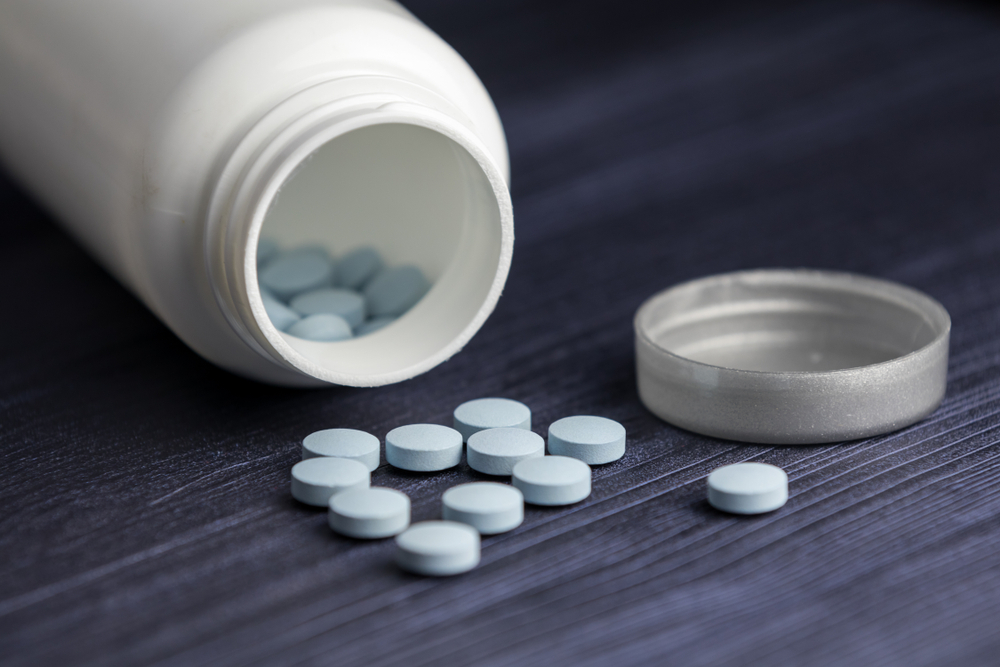
Antiarrhythmics (medication for irregular heart action).Antihypertensives (medication for high blood pressure).Diuretics (pills that cause an increase in urine flow).Common medications that may list ED as a potential side effect include: If the problem persists, contact your doctor and he or she may be able to prescribe a different medication. If you have ED and think that it may be a result of the medication you are using, do not stop taking the medication. The result may be ED or an increase in the risk of ED. While these medications may treat a disease or condition, in doing so they can affect a man's hormones, nerves or blood circulation. What prescription drugs may cause erectile dysfunction?Įrectile dysfunction (ED) is a common side effect of a number of prescription drugs. These drugs not only affect and often suppress the central nervous system, but can also cause serious damage to the blood vessels, leading to permanent ED. Other substances or drugs that can cause or lead to ED include these recreational and frequently abused drugs: Antiarrhythmics (drug for irregular heart action).Antihypertensives (high blood pressure drugs).Diuretics (pills that cause increase urine flow).If you experience ED and think that it may be a result of the medication you are using, do not stop taking the medication. While these medications may treat a disease or condition, in doing so they can affect a man's hormones, nerves or blood circulation, resulting in ED or increasing the risk of ED. What medications could cause erectile dysfunction (ED)?Įrectile dysfunction (ED) is a common side effect of a number of prescription drugs. Operations for the prostate, bladder, and colon cancer may also be contributing factors. Trauma: An injury could contribute to symptoms of ED.Ĭhronic illness, certain medications, and a condition called Peyronie's disease can also cause ED.Psychological states: These include stress, depression, lack of stimulus from the brain and performance anxiety.Neurological disorders (such as multiple sclerosis): Nerves that send impulses to the penis can become damaged from stroke, diabetes, or other causes.Vascular disease: Blood supply to the penis can become blocked or narrowed as a result of vascular disease such as atherosclerosis (hardening of the arteries).While it is true that some older men may need more stimulation, they should still be able to achieve an erection and enjoy intercourse.ĮD can be caused by a number of factors, including:

However, the failure to achieve an erection more than 50% of the time generally means that there is a problem and treatment is needed.ĮD does not have to be a part of getting older. The failure to get an erection less than 20% of the time is not unusual and typically does not require treatment. Many men do experience occasional failure to achieve erection, which can occur for a variety of reasons, such as drinking too much alcohol, stress, relationship problems, or from being extremely tired. How common is erectile dysfunction?Īpproximately one in 10 adult males will suffer from ED on a long-term basis. ED is not considered normal at any age, and may be associated with other problems that interfere with sexual intercourse, such as lack of desire and problems with orgasm and ejaculation.

It is important to understand that in most cases, ED is a symptom of another, underlying problem. Estimates suggest that one of every 10 men will suffer from ED at some point during his lifetime. What is erectile dysfunction (ED)?Įrectile dysfunction (ED) is the inability to get and keep an erection firm enough for sexual intercourse. Drogo Montague discusses treatment options for erectile dysfunction.


 0 kommentar(er)
0 kommentar(er)
